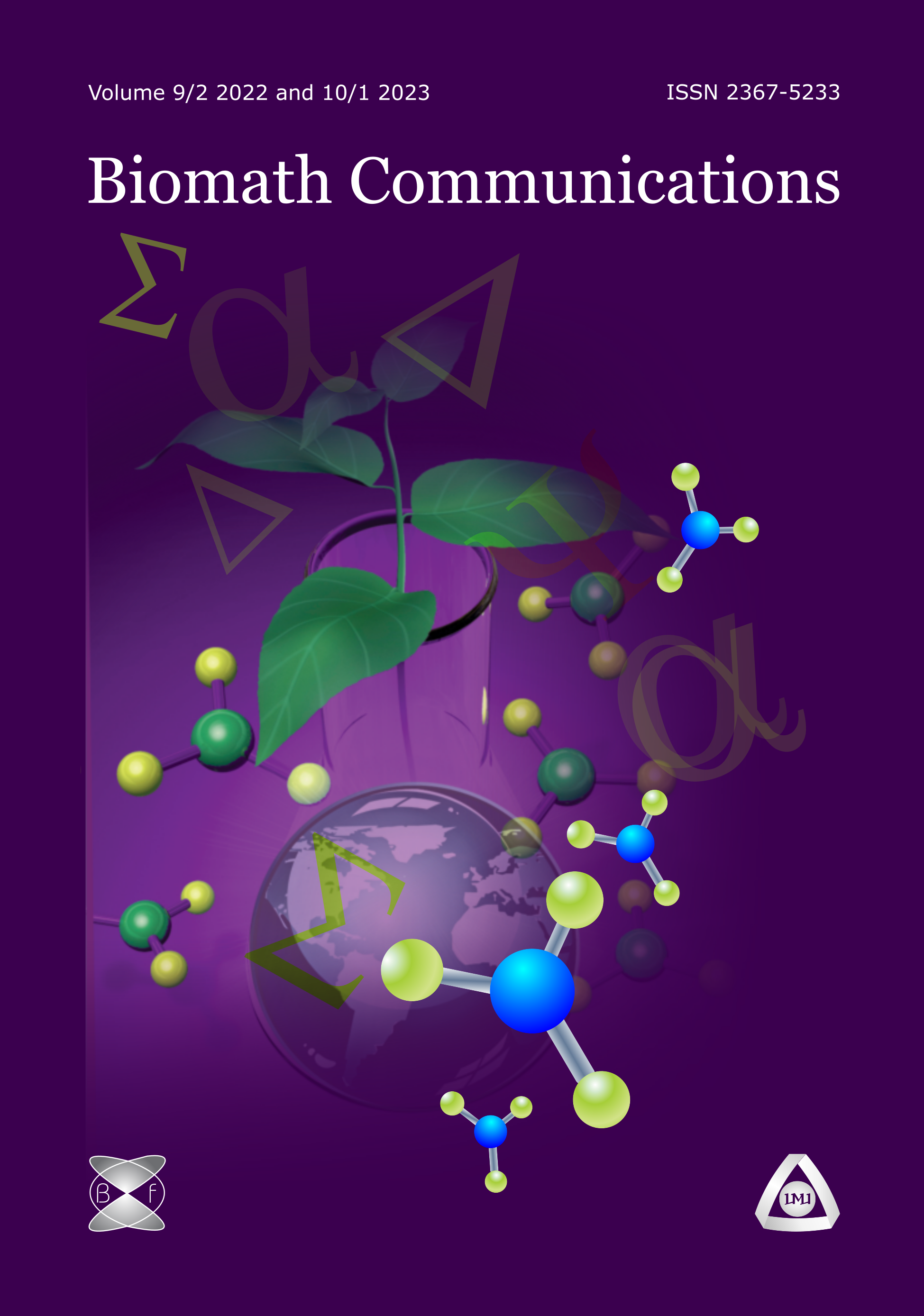Accurate Prediction of Major Histocompatibility Complex class II Epitopes by Sparse Representation via l1-Minimization
DOI:
https://doi.org/10.11145/331Abstract
The major histocompatibility complex (MHC) is responsible for presenting antigens (epitopes) on the surface of antigen-presenting cells (APCs). When pathogen-derived epitopes are presented by MHC class II on an APC surface, T cells may be able to trigger an immune response. Prediction of MHC-II epitopes is particularly challenging because the open binding cleft of the MHC-II molecule allows epitopes to bind beyond the peptide binding groove; then, the molecule is capable of accommodating peptides of variable length. We propose a novel classification algorithm to predict MHC-II called sparse representation via l1-minimization.We obtained a collection of experimentally confirmed MHC-II epitopes from the Immune Epitope Database and Analysis Resource (IEDB) and applied our l1-minimization algorithm. To benchmark the performance of our algorithm, we compared our predictions against a SVM classifier. We measured sensitivity, specificity and accuracy; and used Receiver Operating Characteristic (ROC) analysis to evaluate our method's performance. The prediction performance of MHC-II epitopes of the l1-minimization algorithm was generally comparable and, in some cases, superior to the standard SVM classification method and overcame the lack of robustness of other methods with respect to outliers. While our method consistently favored DPPS encoding with the alleles tested, SVM showed a slightly better accuracy when "11-factor" encoding was used.
Downloads
Published
Issue
Section
License
The journal Biomath Communications is an open access journal. All published articles are immeditely available online and the respective DOI link activated. All articles can be access for free and no reader registration of any sort is required. No fees are charged to authors for article submission or processing. Online publications are funded through volunteer work, donations and grants.
Authors who publish with this journal agree to the following terms:
- Authors retain copyright and grant the journal right of first publication with the work simultaneously licensed under a Creative Commons Attribution License 4.0 that allows others to share the work with an acknowledgement of the work's authorship and initial publication in this journal.
- Authors are able to enter into separate, additional contractual arrangements for the non-exclusive distribution of the journal's published version of the work (e.g., post it to an institutional repository or publish it in a book), with an acknowledgement of its initial publication in this journal.
- Authors are permitted and encouraged to post their work online (e.g., in institutional repositories or on their website) prior to and during the submission process, as it can lead to productive exchanges, as well as earlier and greater citation of published work (See The Effect of Open Access).

